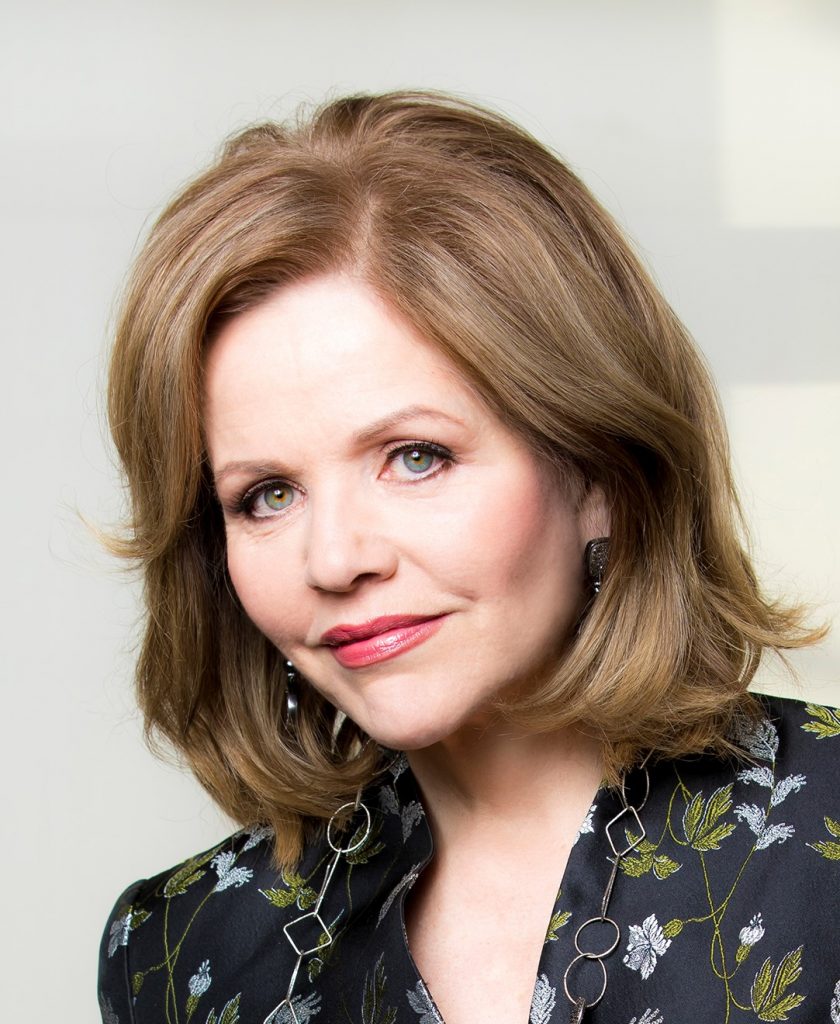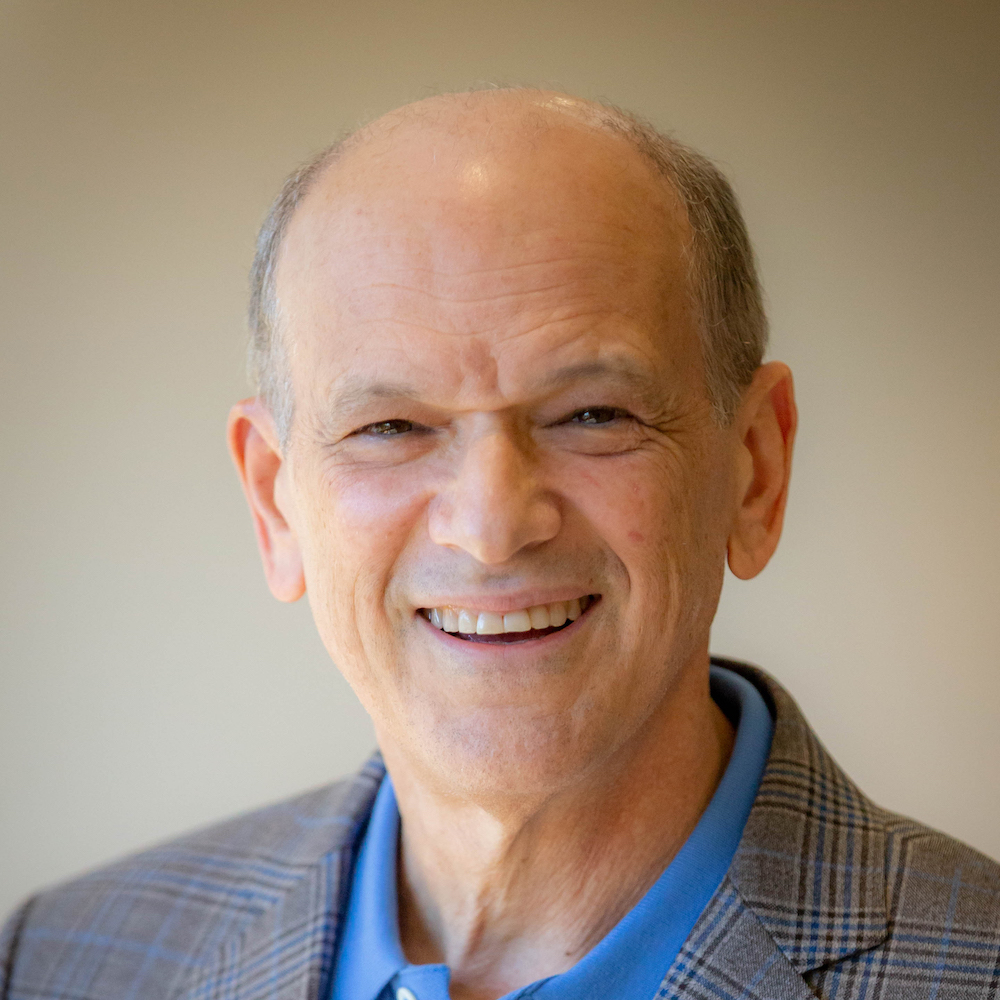The Partners
The NeuroArts Blueprint is an initiative of the Johns Hopkins International Arts + Mind Lab (IAM Lab) Center for Applied Neuroaesthetics and the Aspen Institute’s Health, Medicine and Society (HMS) Program. Susan Magsamen, MAS, executive director of the Center for Applied Neuroaesthetics, and Ruth J. Katz, JD, MPH, executive director of the Health, Medicine and Society Program, serve as co-directors.
The International Arts + Mind Lab is a multidisciplinary research-to-practice initiative from the Pedersen Brain Science Institute at Johns Hopkins University that is accelerating the field of neuroaesthetics. Its mission is to amplify human potential. IAM Lab brings together brain scientists and practitioners in architecture, music, and other arts to foster collaboration and research. Its goal is to empower the global neuroaesthetics community to change the way we think today and enhance the way we live tomorrow.
The Health, Medicine & Society Program, established in 2005, is the domestic health initiative at the Aspen Institute. Rigorously nonpartisan, HMS creates opportunities for government, academic, advocacy, and industry leaders to explore critical issues in health, health care, medical science, and health policy, and to consider their impact on individuals, families, and communities across the United States. The Aspen Institute is a global nonprofit organization committed to realizing a free, just, and equitable society. It uses dialogue, leadership, and action to help solve the most important challenges facing the United States and the world.
Leadership
Renée Fleming, renowned soprano, and Eric Nestler, neuroscientist and dean of academic and scientific affairs at Friedman Brain Institute, Mount Sinai Health System are cochairing the interdisciplinary Advisory Board of thought leaders that is guiding the NeuroArts Blueprint initiative forward.
Funding
Early support for the NeuroArts Blueprint is provided by AARP, Civil Society Institute, Dana Foundation, Ford Foundation, and Johns Hopkins University.
Co-Chairs

Renée Fleming
Soprano, Arts and Health Advocate, Kennedy Center Artistic AdvisorWinner of the National Medal of Arts and four Grammy® awards, Ms. Fleming is one of the most highly acclaimed singers of our time, performing in the world’s greatest opera houses and concert halls. In 2014, she brought her voice to a vast new audience as the only classical artist ever to sing the National Anthem at the Super Bowl.
For the John F. Kennedy Center, Ms. Fleming spearheads the Sound Health initiative, collaborating with the National Institutes of Health and the National Endowment for the Arts to call attention to research and practice at the intersection of music, health, and neuroscience. She has presented her own Music and the Mind talks on the subject around the world, earning Research!America’s Rosenfeld Award for Impact on Public Opinion. She is co-artistic director of Aspen Opera Theater and VocalARTS, a training program for high-level emerging vocal artists. Her many awards include the Fulbright Lifetime Achievement Medal, Germany’s Cross of the Order of Merit, and France’s Chevalier de la Légion d’Honneur.
In December 2019, Ms. Fleming brought her lauded portrayal of Margaret in The Light in the Piazza to Chicago, after appearances in London and Los Angeles. Last summer, Ms. Fleming sang the world premieres of André Previn’s Penelope and Kevin Puts’s The Brightness of Light at Tanglewood.

Eric J. Nestler
Neuroscientist; Dean for Academic Affairs; Chief Scientific Officer; Director, Friedman Brain Institute; Icahn School of Medicine, Mount Sinai Health System"The deeper our grasp of basic science, the more successful those focused on clinical and translational research will be,” Eric Nestler, MD, PhD, told a congressional committee weighing appropriations for the National Science Foundation. Author of more than 600 peer-reviewed publications and book chapters, Dr. Nestler has dedicated his professional life to understanding the molecular mechanisms of drug addiction and depression in animal models so that treatments can be improved.
Trained in psychiatry at Yale University, Dr. Nestler joined Mount Sinai Medical Center in New York City in 2008 and has since overseen the transformational growth of the neuroscience community, under the auspices of the Friedman Brain Institute. Research in the area of music and Alzheimer’s disease is a particular interest and he also co-chairs the Music in Mind Think Tank, created to advance the evidence of music’s role in preventing and treating severe mental illness. Dr. Nestler served as president of the Society for Neuroscience, the world’s largest organization of brain and nervous system scientists and physicians. Among his honors are the American College of Neuropsychopharmacology Paul Hoch Distinguished Service Award and the Wilbur Cross Medal from the Yale Graduate School of Arts and Science.
